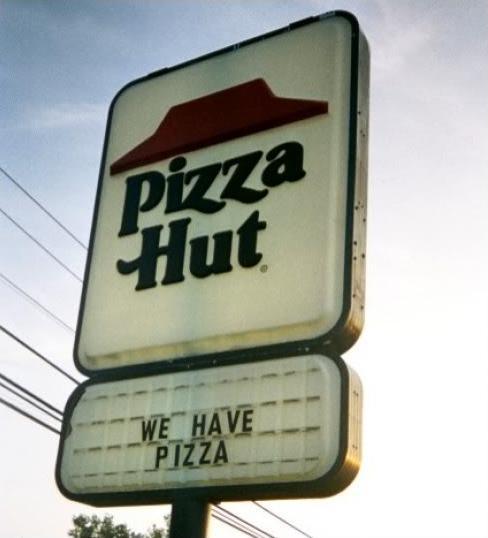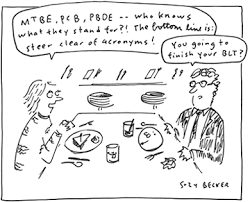
When we speak, most of us hesitate at some point. Then we fill that space with “uh,” “you know,” or the current younger generation favorite, “like.” Because writing emulates speaking, we can fall into the same bad habits. I call these “Hesitation Words.”
We add them to our written communications as we pause in an essay. Rather than continue writing directly and actively, we hesitate. Then we add unnecessary words.
Here are several: “That,” “just,” and “now.”
“That” is overused. If you go back over your writing and look for all the times you’ve used it, you’ll find that you can eliminate half, perhaps more. Check it out. The one underlined in this paragraph is a good example.
“Now” is a word often used to start a sentence. It’s kind of a summary word, like we are asking the reader to consider something extra special that will follow. It’s overused and serves no purpose. If you write, “Now, the next morning,” why not write, “The next morning?” Again, go back over your writing and eliminate “now” words.
Finally, “just” is my personal bad boy. I put it far too frequently in my communications, and have only recently begun consistently editing it out. The same with “that” and “now,” it is a word that doesn’t do much. If you say, “We just want to get to the movie on time,” why not say, “We want to get to the movie on time?” “Just” is a word we could eliminate from the language. I don’t think it would be missed.
Look for these types of words when you write. You’ll find others. Reduce their use. Your writing will improve.
We add them to our written communications as we pause in an essay. Rather than continue writing directly and actively, we hesitate. Then we add unnecessary words.
Here are several: “That,” “just,” and “now.”
“That” is overused. If you go back over your writing and look for all the times you’ve used it, you’ll find that you can eliminate half, perhaps more. Check it out. The one underlined in this paragraph is a good example.
“Now” is a word often used to start a sentence. It’s kind of a summary word, like we are asking the reader to consider something extra special that will follow. It’s overused and serves no purpose. If you write, “Now, the next morning,” why not write, “The next morning?” Again, go back over your writing and eliminate “now” words.
Finally, “just” is my personal bad boy. I put it far too frequently in my communications, and have only recently begun consistently editing it out. The same with “that” and “now,” it is a word that doesn’t do much. If you say, “We just want to get to the movie on time,” why not say, “We want to get to the movie on time?” “Just” is a word we could eliminate from the language. I don’t think it would be missed.
Look for these types of words when you write. You’ll find others. Reduce their use. Your writing will improve.

